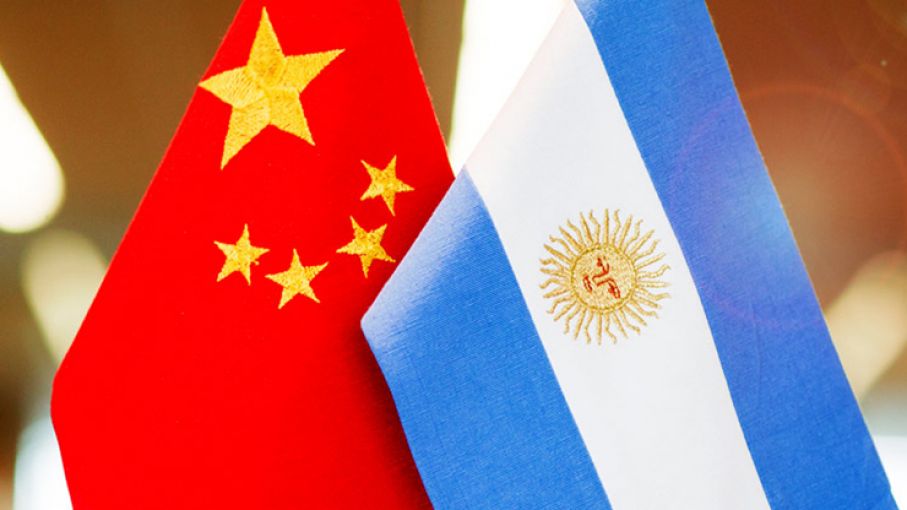The Argentine province of Tierra del Fuego agreed with the Chinese province of Shaanxi to install a plant capable of producing more than 900,000 tons of urea and synthetic ammonia.
“Self-sufficiency has to be an unwavering objective,” Moises Solorza of the Fuegian government told Sputnik.
The Chinese company Shaanxi Coal Industry Chemical Group Co is planning to install a state-of-the-art plant to produce fertilizer in the Argentine province of Tierra del Fuego.

The undertaking is part of a memorandum of understanding signed on August 16 between the governments of Tierra del Fuego and the Chinese province of Shaanxi, which aims to boost the productive matrix of the southernmost province of the South American country.
According to the project, the investment will total some US$1.25 billion and allow the construction of the most technologically advanced plant in Latin America, producing 900,000 tons of urea and 600,000 tons of synthetic ammonia per year.
Speaking to Sputnik, the province’s Energy Secretary, Moisés Solórza, explained that the project was developed within an “extremely demanding environmental matrix, with the highest possible industry standards, so the technology associated with the project has to be the best in the world”.
Although Tierra del Fuego is mainly a gas and oil producer, fertilizers are one of the inputs that have become more expensive in recent months.
The country imports 60% of the fertilizers it uses for its agricultural activities. It is compounded by the difficulty of the high raw materials prices due to the trade sanctions imposed against Russia.
Fertilizers such as ammonia, urea, nitrogen, and nitrates, among others, registered, on average, an increase of more than 20% since the beginning of 2022.
With this project, said Solórza, Tierra del Fuego is betting on “producing fertilizers for the countryside and thus lowering the cost of grains, foodstuffs, and commodities”.
BEYOND THE PROVINCE
Solórza stressed that “there are multiple benefits” behind the project. Producing quantities of these and other products not only serves to “cover the regional demand in Latin America and supply the domestic market with significant surpluses” but would also allow exporting to other regions of the world.
In this sense, the hierarch highlighted the immense impact that the export of fertilizers could have on the country’s foreign currency income, which is going through a sensitive economic situation where the parallel dollar has almost reached ARS 300 (officially quoted at ARS 137) amid strong exchange restrictions imposed in the country and high inflation.
In addition, Solórza pointed out that the new plant is part of “the strategy of the so-called Silk Road of the 21st century, which is key for Tierra del Fuego’s geopolitical position”.
The initiative also generates many skilled jobs required in the various stages of the infrastructure assembly.
For Solórza, “the possibility that the Argentine region has of having this type of processes and projects that intensify the labor force (…) is of great value”.
AGREEMENTS THAT HAVE AN IMPACT
The memorandum is part of the cooperation agreement signed between the Argentine President, Alberto Fernández, and his Chinese counterpart, Xi Jinping, in February 2022, with which they agreed to deepen political, commercial, economic, scientific, and cultural relations between both countries.
The meeting also served to discuss the incorporation of the Latin American country into the Chinese Silk Road and Belt, which stimulates trade and investment in more than 140 member countries.
This meeting marked the intention of the Government of the Republic of China to finance projects and works over US$23.7 billion.
“China’s interest in having strategic allies has to be taken advantage of in the best way to solve Argentina’s problems. Self-sufficiency has to be an unwavering objective of any government and to work on a 50-year national energy plan, which I believe is the key for us not to continue having only an extractivist condition of importing raw materials but to diversify the matrix, generate added value at origin, a great amount of labor and export it to the world,” Solórza concluded.
With information from Sputnik

